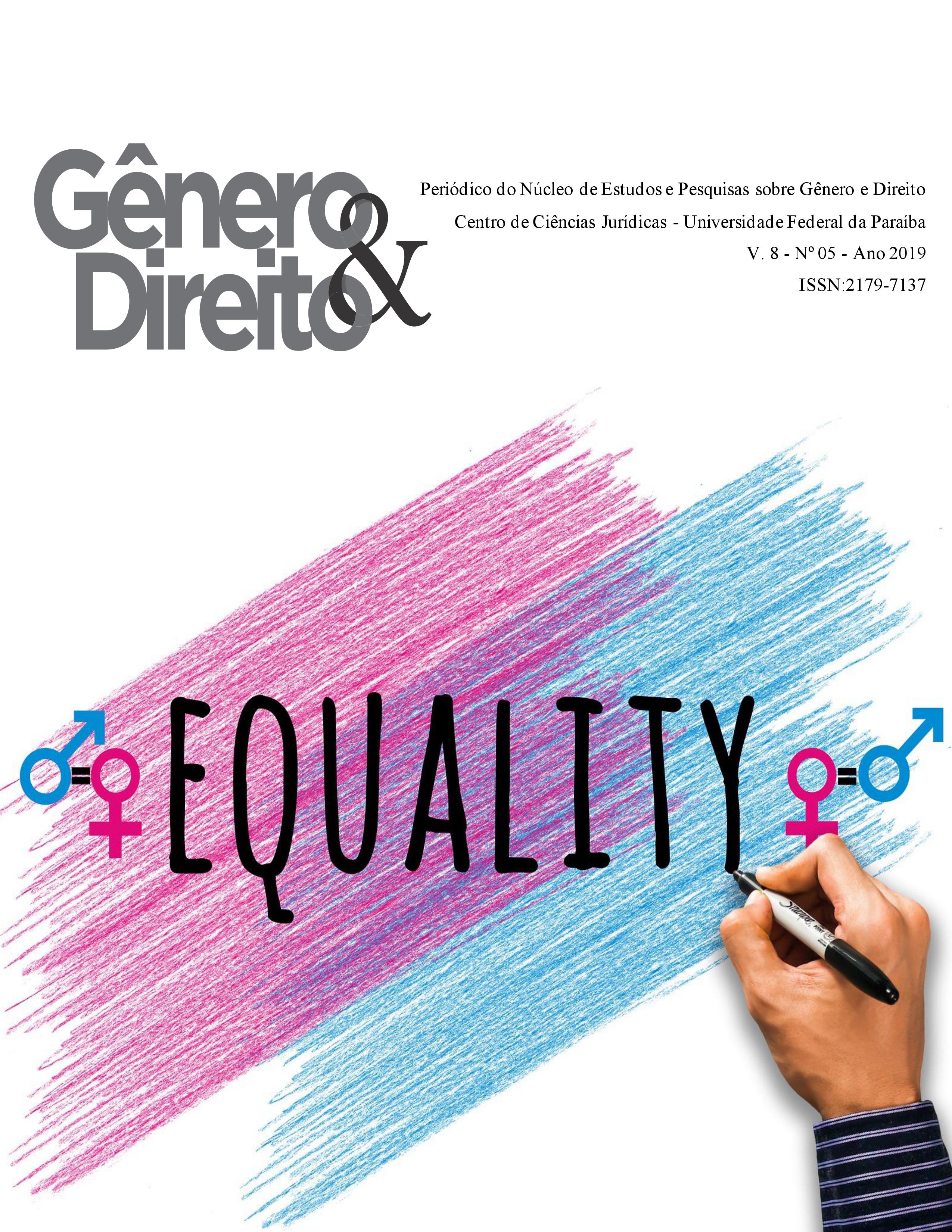THE LANGUAGE OF “MOLLA NASREDDIN” JOURNAL AS A FORMATIVE STAGE IN THE DEVELOPMENT OF THE AZERBAIJANI NATIONAL LITERARY LANGUAGE
DOI:
https://doi.org/10.22478/ufpb.2179-7137.2019v8n5.48679Palavras-chave:
sign, stereotype, language game, “Molla Nasreddin” magazine, Azerbaijan, post-Soviet space, democratization of literary languageResumo
This research aims to determine specific models of wordplay at the level of syntagma in the language of the satirical journal “Molla Nasreddin”; the research applies a structural-semantic analysis of occasional syntagma constructed on paradox; the research reveals that the main model of wordplay is the contamination of famous, common syntagma with a paradoxical continuation; The game encompasses almost all levels of the language system from the scale to the syntactic models. In fact, modern mass media embody the element of speech, since all its features are clearly represented here. Outplaying the usual paremias, creating new syntagms based on the paradox of deception or unjustified expectations, occupies a special place in the modern Azerbaijani speech element. The paradox here is that the recipient is offered the familiar paremia which does not correspond to the existing standard in the rheumatic part of the statement. Such outplaying has a serious communicative function, since the shock experienced by the addressee when breaking the stereotype helps focus attention on the essence of the information. This model appeared consistently in the language of the journal and determined the special characteristics of the national literary language for many decades to come. Today the models of “Molla Nasreddin” are typical of the journalistic style of the Azerbaijani literary languageDownloads
Referências
Bondarenko V.T. (2005). Grandfather Pikhto after a rain on Thursday (about reciprocal remarks in dialogical speech) Moskva. p. 30–34.
Bredikhin S. N. (2003). “Language game” as a linguistic phenomenon: Based on the material of philosophical texts by M. Heidegger. Dis.... cand. phil. sciences: Nalchik.
Bulina Y.V.(2011). Language game in the speech of students and teachers as a way to create a laughing space in communication. Diss. Cand. phil. sciences: Saratov.
Burykin A. A.(2007). “Do not open your mouth to someone else’s bed.” Russian speech by foreigners, proverbs in the literary text and some considerations about the precedents of the phenomena of anti-proverbs // Tomsk State University Journal. Kostroma state. Univ. named after, 2007.V. 13.
Butakova A. D.(2015). Semantic paradoxes in terms of a language game (based on periodicals). Abstract. diss. cand. phil. sciences. Volgograd.
Butko Y.V(2008). l The associative context and its implementation in the new paremias // Bulletin of the Chelyabinsk State Pedagogical University, No. 6, Chelyabinsk: Publishing House of CHGPU, p. 146-158.
Velmezova Y. (2006). New Russian proverbs and the problem of semantic opposition of paremias (crossing of proverbs) // Slavic Almanac, vol. 12, No. 2, p. 164-174.
Wittgenstein L. (1989). Lecture about ethics // Historical and Philosophical Yearbook. M .: Science, p. 238-245.
Wittgenstein L.(1994). Philosophical work. Part 1. M .: Gnosis.
Gridina T. A.(1996). Language game. Stereotype and creativity. Yekaterinburg.
Dibrova Y. I.(1979). Variation of phraseological units in modern Russian. Rostov-on-Don.
Kostomarov V. G.(199). Language taste of the era. St. Petersburg: Zlatoust.
Mokiyenko V. M.(2010). Modern paremiology (linguistic aspects) // World of Russian words, No. 3, p. 6-17.
Nasybulina A. V.(2008). Modern transformations of the Russian riddle. Abstract of cand. diss. Veliky Novgorod.
Panina L. S.(1986). The formation of phraseological units based on Russian proverbs in the Russian language. Abstract of Cand. diss. Rostov-on-Don.
Sannikov V.Z.(2002). Russian language in the mirror of a language game. M .: Languages of Slavic culture.
Seliverstova Y. I.(2010). Russian proverb in the paremiological space: stability and variability: linguistic aspect. Thesis Doct. philol. sciences. SPb.
Sergienko O.S.(2007). Transformation of Czech proverbs in the text // Slavic Philology, vol. 9, St. Petersburg, p. 119-132.
Hajiyev T.I.(1987) The History of Azerbaijani literary language. Baku: Maarif, p. 159.
Hamidov İ. (2004). Azerbaijani-Russian Dictionary of Proverbs. Baku: OKA Ofset, p. 58.
Rasulzada, M.A (1991).Our Century's Sayavush. Modern Azerbaijani literature. Modern Azerbaijani History. Baku: Ganjlik

